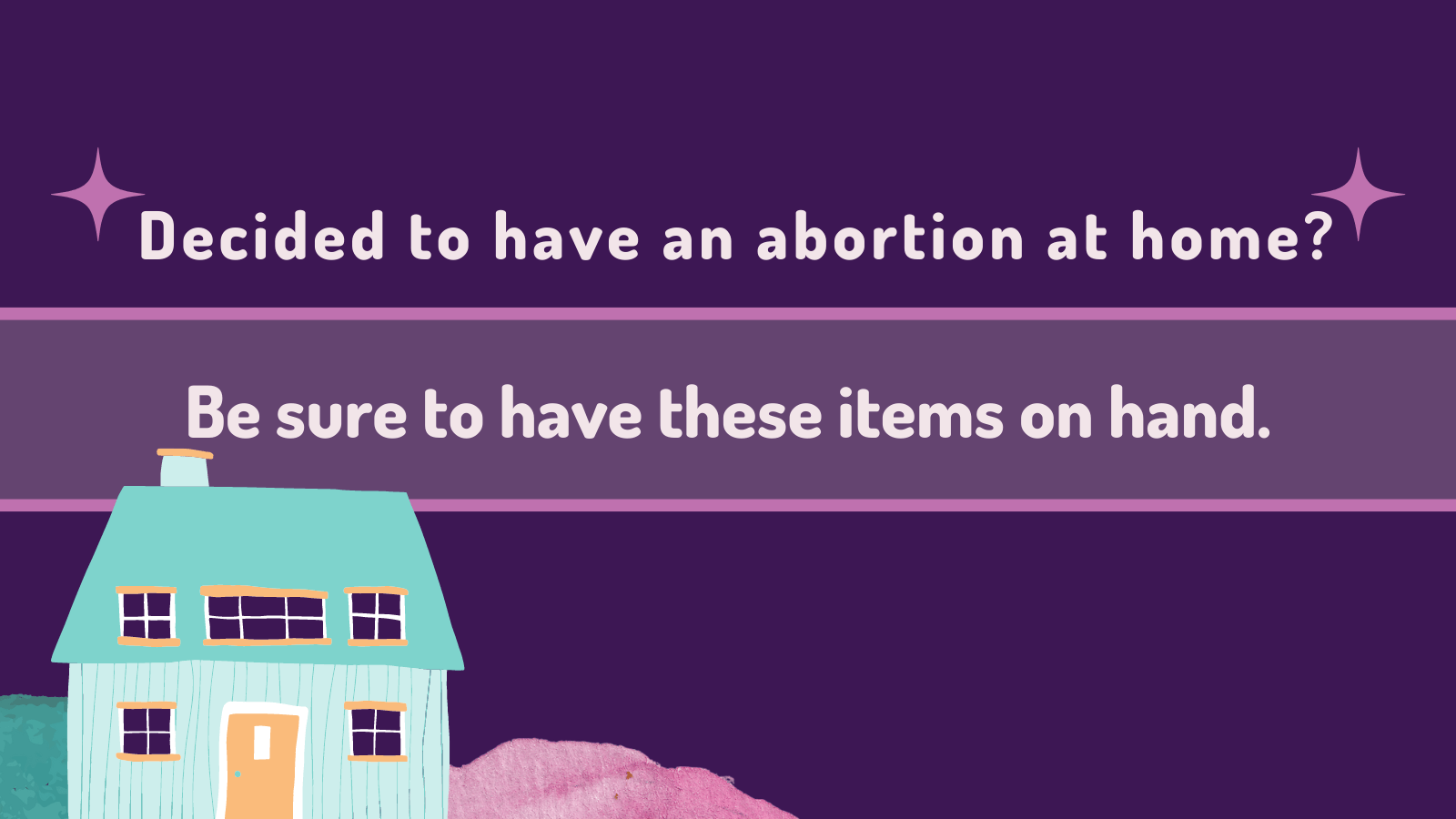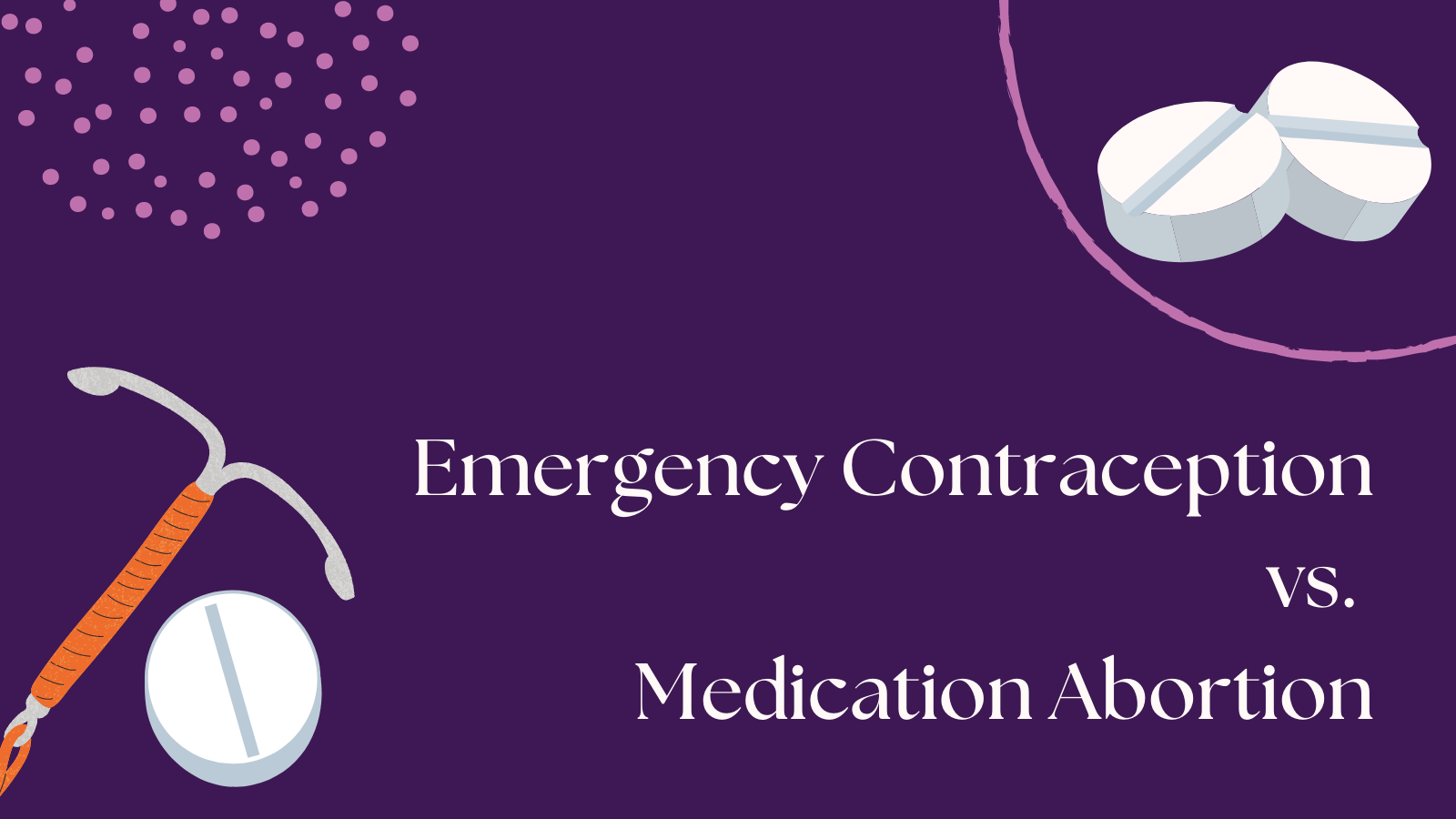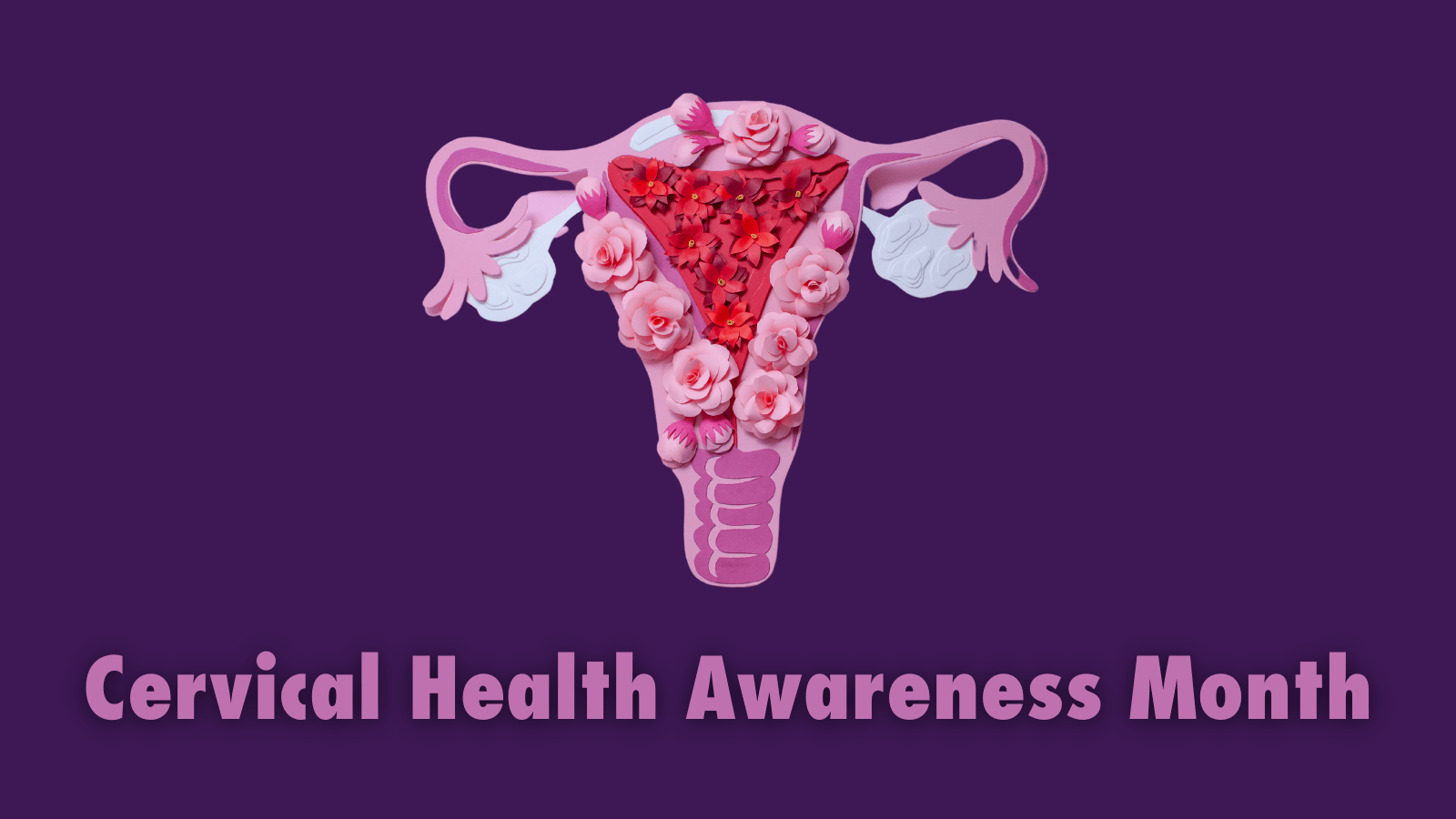A story by Grace McGarry
Hello! I’m Grace McGarry, and I manage Whole Woman’s Health’s EmpowerLine. The EmpowerLine – or the EL, as we affectionately call her – is your first point of phone contact if you need to call us for an appointment, information, or expertise on abortion. I’ve been with Whole Woman’s Health since 2016 and in abortion care more broadly since 2004. I’ve assisted with thousands of abortion procedures, I’ve volunteered with an abortion fund, I’ve served as an abortion doula, I’ve written and engaged politically on abortion access – a little bit of everything in the field. I’ve also proudly worked in other areas of reproductive and sexual healthcare, including general obstetrics and gynecology, gender affirming care, sex education, and sexual assault crisis intervention.
To tell my own story of working in abortion care is impossible without telling a story that long predates my existence. It starts in 1971, when a teenager in rural West Virginia learned she was pregnant.
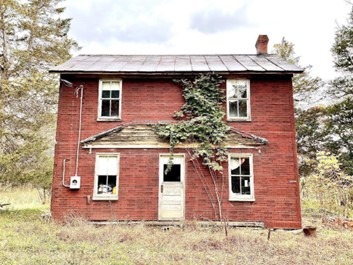
To say her living situation was unusual is rather underselling it. A member of a fledgling musical group, she lived with her bandmates in a ramshackle house in the deep woods of Morgan County, nine miles from the “big city” of Paw Paw, which boasted a population just north of six hundred people. She was the lone woman of the group. They did have electricity, but no indoor plumbing. Water came from a well, and heat came from wood-burning stoves. One of her bandmates sawed a hole in the floor of her bedroom so the heat could rise into her room.
It was a complicated and difficult way of life. But she loved it.
There wasn’t anywhere nearby for her to get toothpaste and tampons, let alone a pregnancy test – no CVS to drop into and pick up a test, no Amazon to deliver one, not even a local doctor’s office who could see her and confirm the pregnancy (at least, not without a wedding ring on her finger). When the band was playing a gig in DC, she reached out to a free clinic, who advised her to drop off a urine sample. It had to be kept cold, so she stashed the jar in the ice chest behind the bar, right alongside the longneck beer bottles. The test was positive.
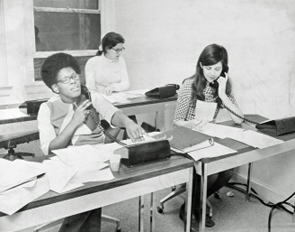
She knew that to stay pregnant meant to shake that life she’d grown to love from its foundations, to return to her parents’ home, to risk the unendurable shame of an out-of-wedlock pregnancy from a domineering, alcoholic father and a loving, but devoutly Catholic mother. And perhaps most importantly, it risked bringing a child into the world that she, nineteen and wide-eyed, hadn’t the foggiest clue how to mother the way a child deserved.
She confided in her dearest friend, a wise-beyond-his-years queer man, who didn’t even blink as he handed over a phone number to Preterm, the first legal abortion provider in Washington, DC. This was a year and a half before the late, great Roe vs. Wade was handed down; then, as now, states determined their own abortion laws. Then, as now, abortion was not legal in West Virginia. But it was in DC.
The phone counselors at Preterm asked no uncomfortable questions. They didn’t demand she explain herself. They certainly didn’t try to talk her out of it. They honored her as a good person making the best choice for her life. When she couldn’t afford the procedure, they waived their fee for her, simply encouraging her to donate in the future when she had the money so someone else could benefit from the same kindness.
Because demand was, unsurprisingly, very high, the earliest appointment she could schedule was a couple of weeks out – a nearly intolerable wait, especially after the lengthy wait she had to go through just to get her pregnancy test. When her turn came, her bandleader drove the 100-plus miles to Preterm, and she was able to receive her abortion. The weeks-long wait was enough that she was a smidge past Preterm’s gestational limits by that point, but the clinic made an exception for her. She recuperated for a week at the home of a friend who lived nearby, then returned to the little house in the West Virginia wilderness.
Sixteen years later, that same woman wanted to be a mother. And so, she gave birth to me.
The interrelationship of my mother’s abortion story and my own journey in reproductive justice work is complex in ways that make it tough to articulate. On the surface, it might look obvious – without my mother’s access to abortion, I quite literally would not exist. But this story goes far beyond the existential for me.
Mom was young, poor, afraid, and living in a place where she couldn’t access care in her community. She had ample support from her bandmates, but as the only woman in the group, none of them could precisely understand what she was experiencing. She lived with religious shame at her back and a divergent path before her, and when faced with a decision of which branch of that path she would take, she consulted her own expertise in the subject of herself. That guided her, and the people at Preterm trusted her expertise.
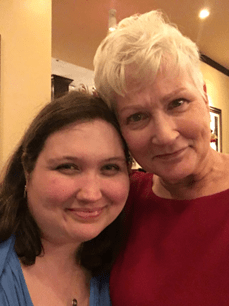
Regardless of your preexisting thoughts or beliefs about abortion, it changes you when you learn that the person you’re closest to in the world has walked in those shoes. It immediately stops being theoretical or distant from you; it immediately stops being something that only touches “other people.” It jars you out of every stereotype you’ve ever held about who might need an abortion and why and forces you to look around and realize how profoundly true it is that everyone loves someone who’s had an abortion. I was already pro-choice before I knew my mother’s story, but hearing it made me immediately, fiercely protective of every single person who walks in those same shoes.
I’ve worked in reproductive and sexual healthcare, with a particular focus on abortion, since 2004. Every logistical puzzle that needs solving to connect someone with the care they need, every voice on the line asking for information or help, every hand I’ve ever held through an abortion – they have all been my mother’s to me. She was only able to access the abortion she needed due to the compassion, the ingenuity, and the love of people who trusted her to know what was best for her.
When people call an abortion provider, so many come into the conversation afraid, ashamed, defensive, or simply resigned to being treated poorly. Whole Woman’s Health takes calls from people afraid to even say the word “abortion,” people who feel like they must justify their decision to us, or people who go into the call clearly expecting us to judge them. And who can blame them? We are conditioned by a healthcare system that is inherently racist, sexist, and rooted in stigma and shame. We rehearse excuses for why we’ve gained twenty pounds or why we clearly haven’t been flossing regularly or, indeed, why we’re pregnant when we can’t or don’t want to be – all because we’ve learned to anticipate being shamed by medical professionals for having the gall to simply be human. I share my mother’s story and how deeply it affects me as a person, an activist, and a provider because I want to convey to everyone who may need our help accessing an abortion exactly how we feel about you when you come to us for help:
We trust you. We believe firmly that you are the world’s leading expert on you – your body, your relationship, your family, your finances, your future – and as such, no one can make a better-informed decision on this matter than you can. We know that needing an abortion is a situation that does not discriminate based on race, gender identity, sexuality, class, age, disability, body size, religion, immigration status, or any other facet of who you are; we likewise know that your ability to access the abortion you need can be complicated by any or all of those facets. We honor your right to have any and all feelings about your situation, from grief to rage to elation to confusion to numbness to relief. When you say, “I need an abortion,” we believe you – full stop.
When you call us for help getting an abortion, we hear you. And we also hear all of those who have come before you, those we’ve known through our work with Whole Woman’s Health and those we’ve known in our own lives, and sometimes even ourselves – people we have loved, who broke in the shoes you’re walking in now. Every single one of you deserves the same compassion, respect, honor, and kindness that my mother was shown by her abortion provider in 1971, and my greatest professional ambition is to ensure every single one of you gets it.

